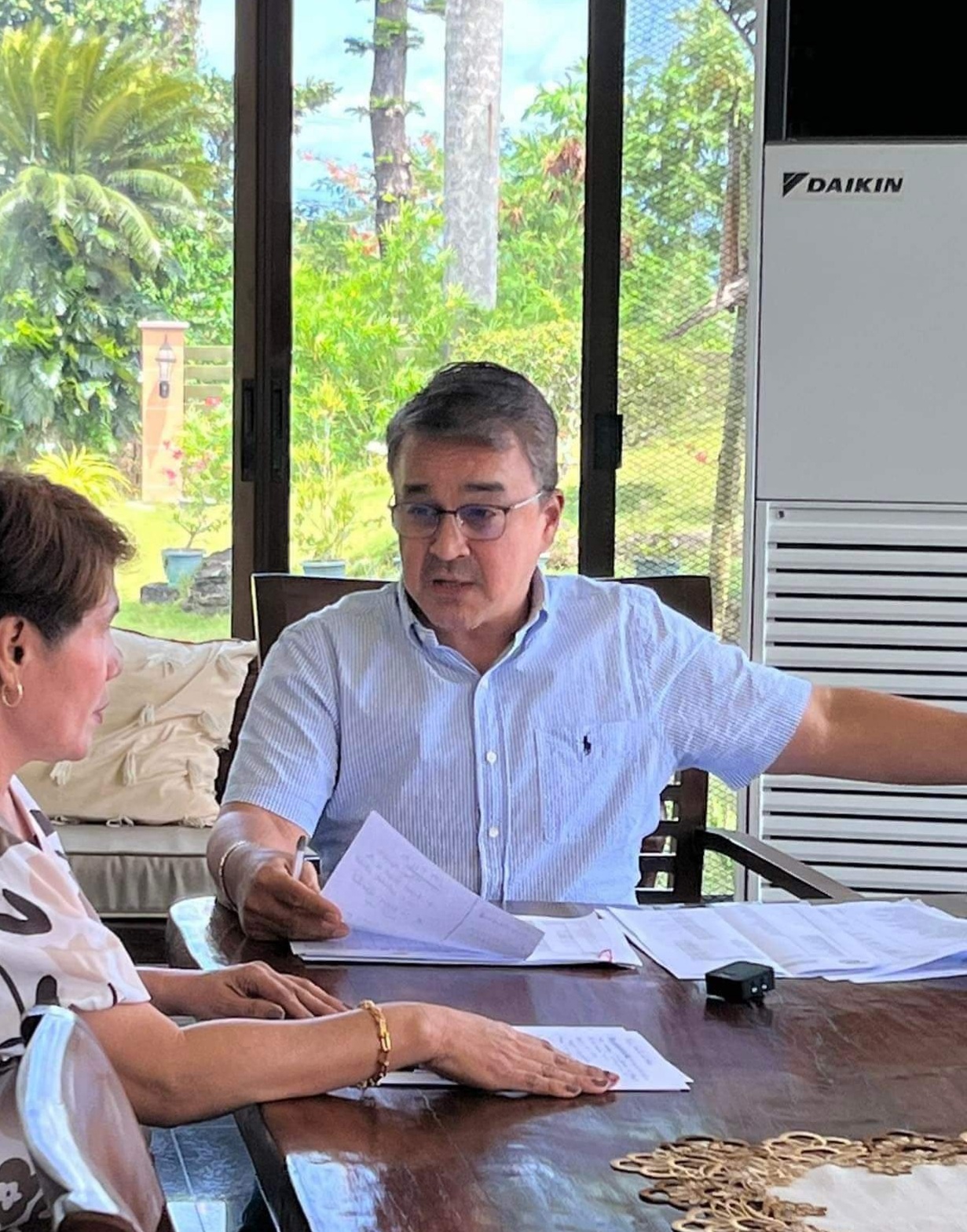Barbers' proposed 'Dangerous Drug Courts' to solve 2 problems at the same time
At A Glance
- A measure filed by Surigao del Norte 2nd district Rep. Robert Ace Barbers seeks to put an end to the slow disposition of illegal drug cases once and for all--and more--by establishing "Dangerous Drug Courts" all over the country.
 Surigao del Norte 2nd district Rep. Robert Ace Barbers (Facebook)
Surigao del Norte 2nd district Rep. Robert Ace Barbers (Facebook)
A measure filed by Surigao del Norte 2nd district Rep. Robert Ace Barbers seeks to put an end to the slow disposition of illegal drug cases once and for all--and more--by establishing "Dangerous Drug Courts” all over the country.
This is embodied in House Bill (HB) No.9446, titled, “An Act Promoting the Speedy Disposition of Drug Cases by Creating a Special Court to be Known as 'Dangerous Drugs Court' in Every City and Province Nationwide".
The purpose of the bill is two-fold: it is expected to decongest local courts of pending drug-related cases in the country, of which there are over 300,000; and at the same time foil the modus operandi of "ninja cops".
Being the longtime chairman of the House Committee on Dangerous Drugs, chances are, Barbers knows what he's talking about.
He said based on latest data provided by the Philippine Drugs Enforcement Agency (PDEA), there were 405,062 drug cases filed in court from 2000 to 2022. These include those filed by PDEA, the Philippine National Police (PNP) and the National Bureau of Investigation (NBI).
"Out of this figure, only 28 percent or 114,610 cases have been resolved or have been handed decision by the judiciary. This means there are about 300,000 drug cases or approximately 72 percent have remained pending in courts as we speak,” he said.
He said the delay in the resolution of drug cases clearly indicate that the country’s congested trial courts cannot keep up with such problem and, if not properly addressed, “would only lead to more clogging of court dockets, impairing our already slow-paced justice system in the country".
Barbers said this delay also pushes back the issuance of court orders and other processes in connection with the destruction of seized or confiscated drugs.
"This has opened windows of opportunity for rogues in uniform, popularly known as 'ninja cops,' to operate by recycling illegal drugs for the purpose of planting evidence, or worse, selling it back on the streets,” he noted.
During a Dangerous Drugs panel hearing last March, it was revealed that the PDEA and PNP still had in their respective custody a total of “un-destructed” 8,662 kilograms of "shabu" and 4,233 kilograms of marijuana.